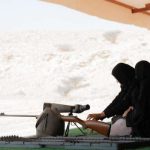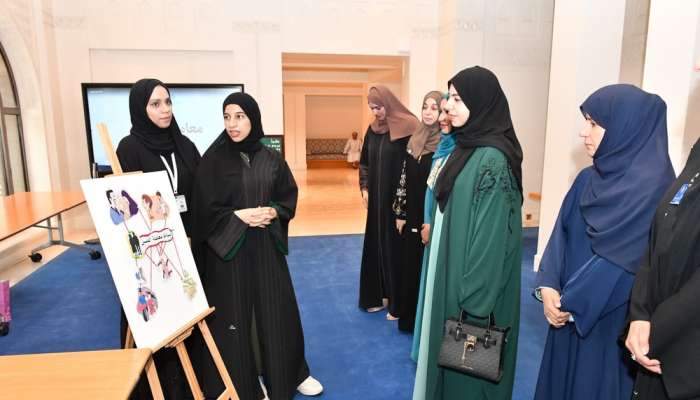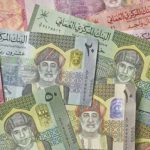The Ministry of Health in Muscat, in collaboration with the Oman Association for the Health of the Elderly, recently organized an awareness seminar at the Sultan Qaboos Grand Mosque in honor of World Elder Abuse Awareness Day on June 15th. The purpose of the event was to educate society members and health workers on ways to prevent abuse of the elderly, as well as discuss potential solutions to address this issue and reinforce the rights of the elderly. The seminar was attended by 70 doctors and nurses, health workers from various regions of Oman, representatives from the Ministry of Social Development, civil society organizations, and private sector establishments involved in elderly care.
Various important topics were covered during the seminar, including the objectives of World Elder Abuse Awareness Day, the different types of elder abuse, preventative measures, medical neglect of the elderly, legal protection for the elderly, and the social rights of the elderly. Real-life stories about elderly individuals were also shared to provide attendees with a better understanding of the challenges faced by this vulnerable population. Following the presentations and discussions, several recommendations were formulated by the participants. These recommendations highlighted the need for the development of national strategies focusing on the well-being of the elderly, specific laws to safeguard the rights of aging individuals, and specialized training programs for health workers and caregivers who work with the elderly.
Elder abuse is a serious issue that affects a significant portion of the elderly population worldwide. It can take many forms, including physical, emotional, financial, and sexual abuse, as well as neglect. Recognizing the signs of elder abuse and knowing how to prevent it is crucial for ensuring the well-being and safety of older adults. By raising awareness about this issue and providing education and training to healthcare professionals and caregivers, society can work towards creating a safer environment for the elderly.
Developing national strategies and laws that prioritize the rights and protection of the elderly is essential for addressing elder abuse effectively. These measures can help create a legal framework that defines and prohibits elder abuse, as well as establish clear protocols for reporting and addressing cases of abuse. Additionally, specialized training programs and courses can enhance the skills and knowledge of health workers and caregivers, enabling them to provide better care and support to the elderly. By investing in the training and education of professionals who work with older adults, we can improve the quality of care and minimize the risk of elder abuse.
The seminar organized by the Ministry of Health and the Oman Association for the Health of the Elderly serves as a valuable platform for raising awareness about the importance of preventing elder abuse and protecting the rights of the elderly. By bringing together healthcare professionals, representatives from government agencies, civil society organizations, and private sector establishments, the seminar fosters collaboration and cooperation in addressing this critical issue. It is important for different stakeholders to work together towards developing comprehensive solutions that address the root causes of elder abuse and promote the well-being of older adults in society.
In conclusion, World Elder Abuse Awareness Day provides an opportunity for communities to come together and advocate for the rights and protection of the elderly. By organizing events such as seminars, workshops, and training programs, we can educate society members and healthcare professionals on the importance of preventing elder abuse and providing quality care for older adults. Through concerted efforts and collaboration across different sectors, we can create a safer and more supportive environment for the elderly, where they can live with dignity and respect. Let us continue to raise awareness about elder abuse and work towards creating a more inclusive and compassionate society for all individuals, regardless of age.











